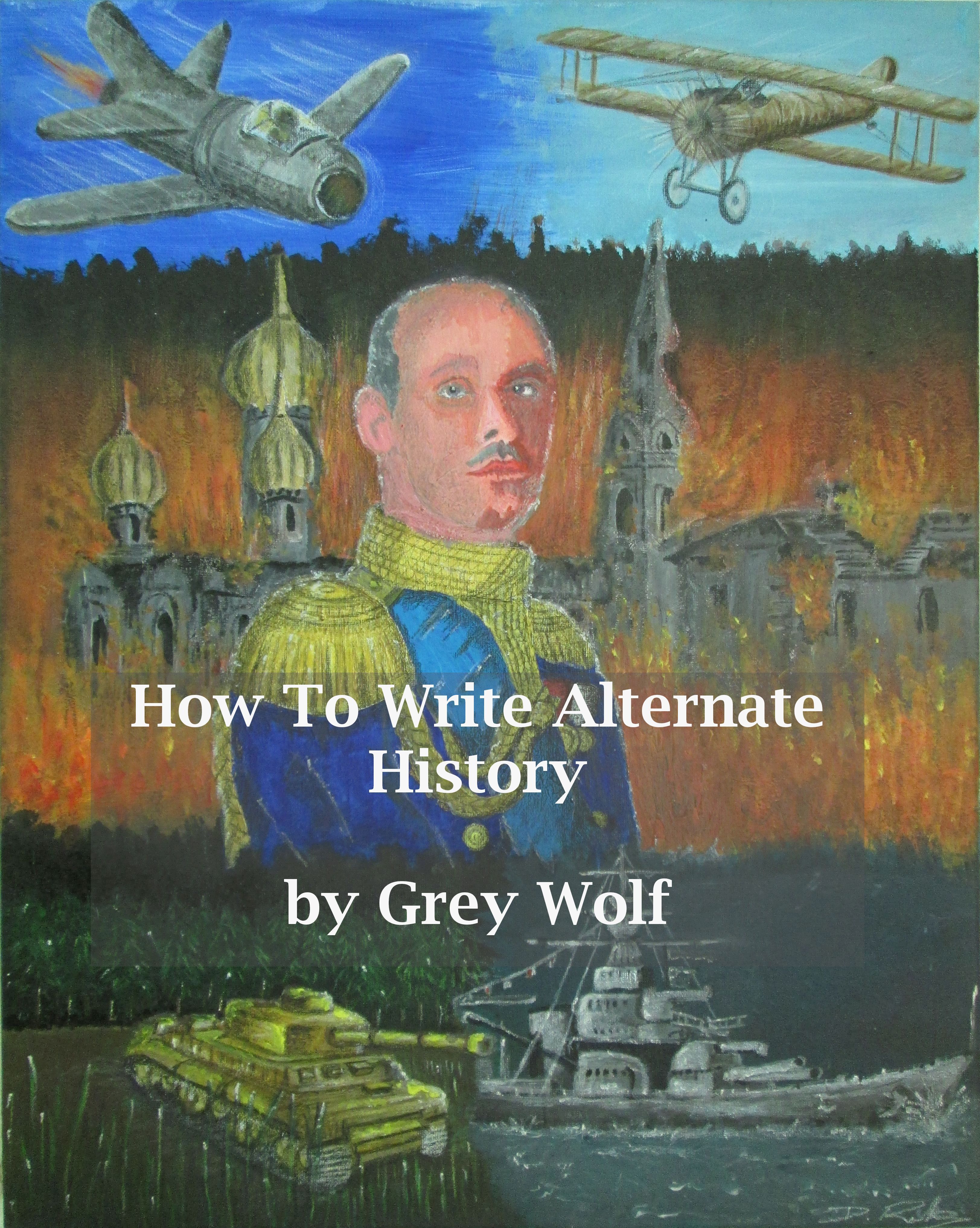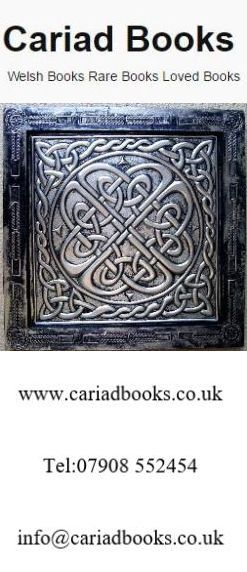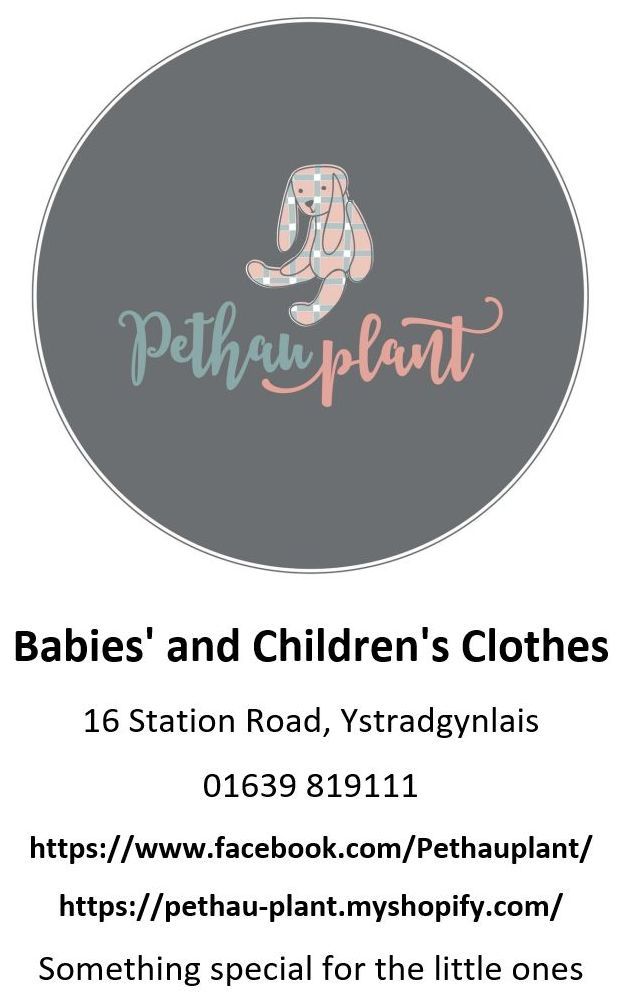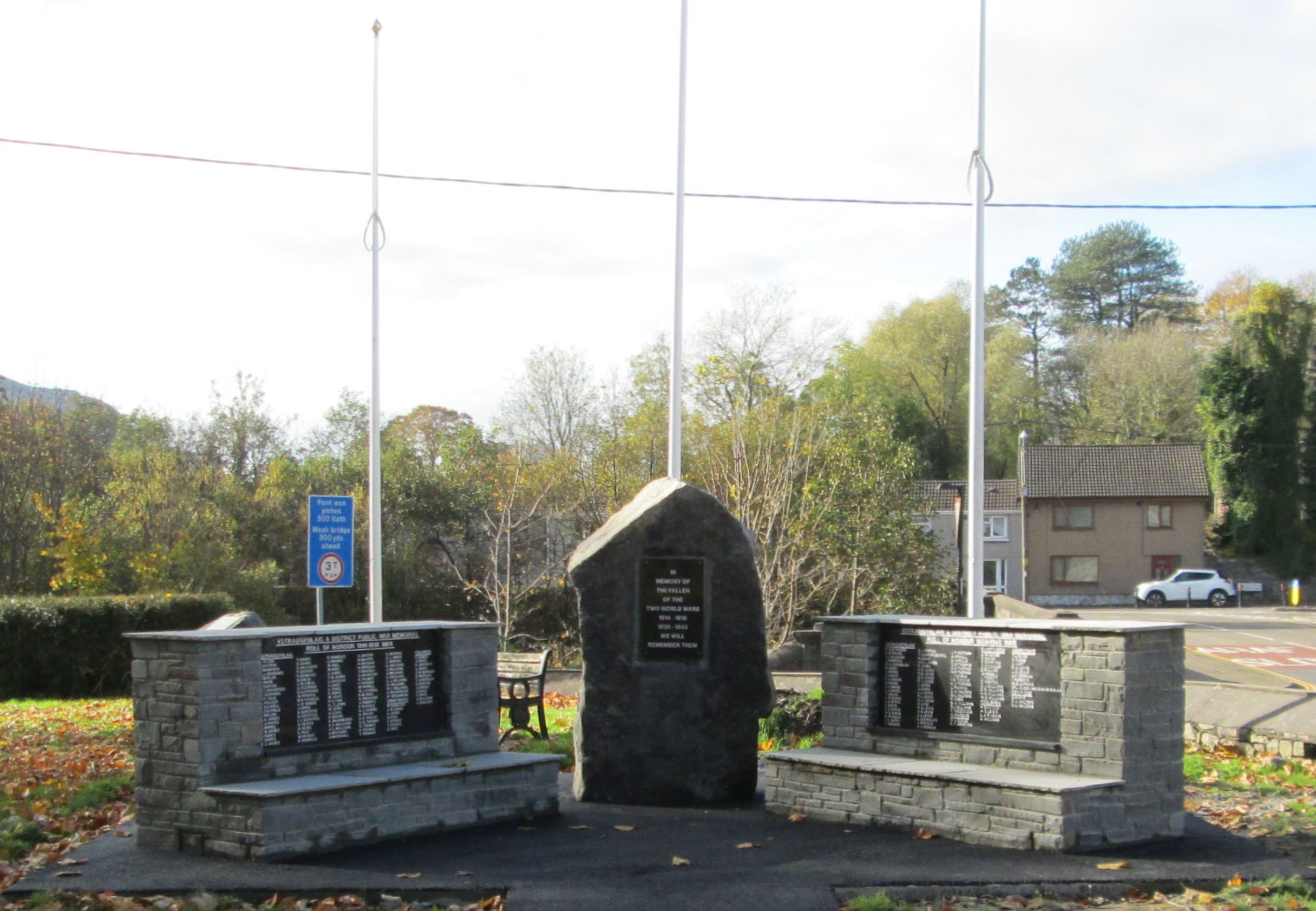Ystradgynlais & District
History and Heritage
Hannah Williams of Ystradgynlais
Hannah Williams of Cwmtwrch was remembered by the Llais newspaper in an article of August 9th 1957. She is vividly portrayed as both an ardent Welsh nationalist who hated the English, and a kindly old soul who loved her English lodgers - hence the contradiction of the title the writer chose for his article.
Happy and interesting childhood memories come back to my mind as I gaze on the ruins of the two cottages near the Cwmtwrch Welfare Hall, for in the cottage nearest to the main road lived Mrs Hannah Williams. She was a dear, bossy old lady, active until her death at 84.
About ten yards from her cottage was the roadside water tap. Often she would be seen chasing mischevious boys away from the tap. There was a special reason for this - the appreciation of having clean water near the homes after many years of walking a mile or two to the springs (pistyll). Womenfolk could often be seen gathered round the tap, with pans and pails, discussing topics of the day, and hearing the latest news.
Mrs Williams was known to all in the village as 'Modryb Hannah' (Auntie Hannah). Her husband, called 'Tomas y Gaffer' who was manager at a local colliery had died in middle age. Sons and daughters had married, so she kept lodgers for a living.
There was a big demand for anthracite coal at the time, and instead of young men leaving Wales to seek employment as we saw later, there was an influx of young men from England coming to work at local collieries.
The older collieries had closed down - Pwll Harries, Pwll Cox, Pwll Palleg, Brynmorgan. Collieries working and opening out were - Gilfach, Black Mountain, Patmos, Brynhenllys, Cwmllynfell, and Hendreforgan; the latter being the most modern, producing the finest anthracite in the valley. A company from Yorkshire owned the colliery.
Coach Drawn By Three Horses
The managing director was a Mr Day, who lived at Hendreforgan Farm. Often he could be seen passing through the village in a coach, drawn by three horses. A staunch churchman he attended Ystradgynlais Church every Sunday.
The English managers were, Mr Mackadoo and Mr Johnson. Only a few workmen could speak English, their chief spokesman at the time being Mr Lewis Williams (Lewis bach) who was chairman for many years. He was a fluent speaker in Welsh and English, and an able negotiator.
After interviewing the management, he would explain what had transpired to his workmates in Welsh. Only one of his sons is alive today, Mr Willie L Williams, Tanyrallt Cottages.
Another colliery of interest was 'Spion Cop' on the hillside near Hendreforgan Farm. A lady named Miss Ocean managed this mine. Daily she would travel by train from Swansea.
Drenched in breeches, she would enter the mine to arrange developments, and settle 'allowances'. With text and understanding she seemed to manage the colliery well. Perhaps the Coal Board could do with a few lady managers?
There was another industry apart from coalmining, an Iron Foundry near George IV bridge, where 'Riverside' house stands today.
It was called the 'Three Counties Foundry' and owned by Mr 'Thomas Thomas y Lamb' who also owned the Lamb Inn and adjoining houses. He was a skilled craftsman and considered a man of importance. Only two or three families were taking daily newspapers, the 'Joneses, Hendreforgan and Thomas Thomas y Lamb'.
One day, with the scrap delivered at the Foundry , came an old cannon. It might have been in action at Waterloo, for it was a very old type, loaded through the muzzle. The old gun was dumped on waste ground across the river, where 'Aberllynfell' house was later built.
Young men began using the gun for weddings, or other celebrations that called for a big bang. Mr Watkin Evans (Captain Evans) was getting married, so his friends decided to give him a real send-off. Being inexperienced gunners they rammed the barrel too tight with sand.
The Old Cannon Exploded
When fired, the rusty old cannon exploded, blowing away part of the wooden bridge nearby, felling a tree with part of the metal casing falling on top of Myrtle Hill.
Luckily they escaped with slight injuries, but the young men felt keenly the loss of their celebration gun. Years later on the very same spot, there was an explosion that rocked the Cwm. A ten year old lad had found a tin case of detonators in the river, with his pals they were experimenting, when the whole lot went exploded.
Four of us received minor injuries, with loss of hearing (temporary). Fortunately, the explosives had been in the river for a considerable period.
During this period, three young men from England came to lodge with 'Modryb Hannah'. She couldn't speak a word of English and they couldn't understand Welsh, but somehow they seemed to get along very well.
She used to call them 'Y Bois' (The Boys) and was very fond of the fine Englishmen who used to dig her garden, and be helpful in every way. As a lad of ten, I used to call every morning with milk from the farm (there were no milk deliveries in those days).
Her Hatred of the English
Of greater interest were her endless stories about the brutal treatment of the Welsh people, by the English in days gone by. She bitterly hated the English, maybe because of Celtic blood of the Bards in her veins. Dafydd Morgannwg, Welsh bard and historian was her cousin.I have an interesting letter written by the eminent bard and sent to her at this cottage. It was dated 1875, the address 'Nebo Cottage', Cwmdare, Aberdare.
Her story, 'Brad y Cyllyllorion' made our blood boil. For about a hundred years the English had been trying to conquer the Welsh, but the elusive Welsh warriors from their Castles kept up constant guerilla warfare.
So an English baron called for a truce, inviting Welsh chieftains to a feast, to settle their differences peacefully. To have a friendly atmosphere, Welsh and English chieftains sat side by side, then in the middle of the peace, at a given signal, the English drew their daggers and killed the Welsh warriors by their side. She would end with "What can you do with people like that?"
I never thought at the time, and I'm sure it didn't enter the mind of Modryb Hannah that the likeable young men in the same room, were in any way related to this treacherous race, who so often gave us rising blood pressure.
One of the 'young men' died about six months ago, at the age of 79 - Mr George Cooper of New Road. He came from London and after a few years married a Cwmtwrch lady. He was soon able to converse in Welsh.
Mr Ted Morris, Gilfach Road, died about twelve years ago. He also was 'one of the best'. His widow and family live in Cwmtwrch.
The other lodger is alive today, Mr William Higgs, until recently steward of the Working Men's Club at Ystradowen.
Looking back over the years, I often get a good laugh when I think of the ardent Welsh Nationalist, who had such an intense hatred of the 'Saeson' and yet was deeply fonod of the English 'boys'.
Interesting Lives Ystradgynlais

Email Yeargroup:
yeargroup@hotmail.co.uk
Email Wolfian Design:
webdesign@wolfianpress.com

Click the cover to purchase the paperback
How To Write Alternate History is a series of articles by Grey Wolf, examining subjects such as the identity of man, whether man makes the weather, how the everyday in an alternate world is going to be changed and what names for music, vehicles, weapons etc would be different.













